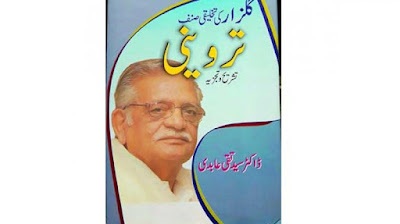The Siddis of A.C. Guard practise in preparation for playing at a political rally, in Hyderabad on Thursday. (DC)
An ethnic group of African descent is hot favourite among parties for election campaigns.
The drums thud faster. The slow tom-tom changes to a resonant pitch. Then the rhythmic beat of teen-mar takes over. The cheer leaders couldn’t hold back. Some break into a slow jig and then dance with abandon. Their dark faces glistening with sweat, the drummers raise the tempo sending everyone foot-tapping. Election time is ‘marfa’ time in Hyderabad.
No party can do without the sturdy bandmasters of A.C. Guards. Interestingly, they owe allegiance to none. And they don’t care which party wins the battle of the ballot. Morning they may drum up support for a Congress candidate, afternoon for its arch rival, TRS and before the day ends play for a Majlis nominee. All that they are interested in is to make hay when the sun shines. The Siddis of A.C. Guard have their hands full as the D-day draws near.
An ethnic group of African descent, they are a class apart when it comes to playing the Arabi duff and marfa. Though there are other bands in town, but many make a beeline to A.C. Guards to liven up celebratory occasions like marriage. For elections too leaders turn to the Siddis to pep up their electioneering.
Donning their trade mark attire — white shirts, lungis and red-chequered scarves, the Siddis cast a spell when they roll and crash the drums. Sometimes they also use the huge dhols and tiliya (brass pot) to produce the cham-cham sound.
But playing band for elections, many say, is not remunerative. They have to accompany candidates on padyatras in hot sun — not knowing when the programme will start and end. The most difficult part is getting the payment.
“Once the programme is over everyone disappears and catching hold of the leaders is difficult”, says Ahmed of Saleem Arabi Marfa Party echoing the views of many others. As such many prefer the marriage parties where the band is played for a fixed time and payment is prompt, not to speak of generous tips from guests.
Impressed by their physical strength and horsemanship, the 6th Nizam, Mir Mahboob Ali Khan, recruited them for his African Cavalry Guards. Later they were provided housing quarters and the area they inhabit now is also known as Siddi Risala.
There are only three main bands here, each with a group of 50 to 60 members. The Siddis are a closely knit community. But the generation next is not interested in music and dance.
“They want to study and take up decent jobs,” Afsar of KGN Arabic Duff tells this newspaper.
J.S.Ifthekhar,
Hyderabad based journalist.
Article published in Deccan Chronicle
Dated November 30,2018
















